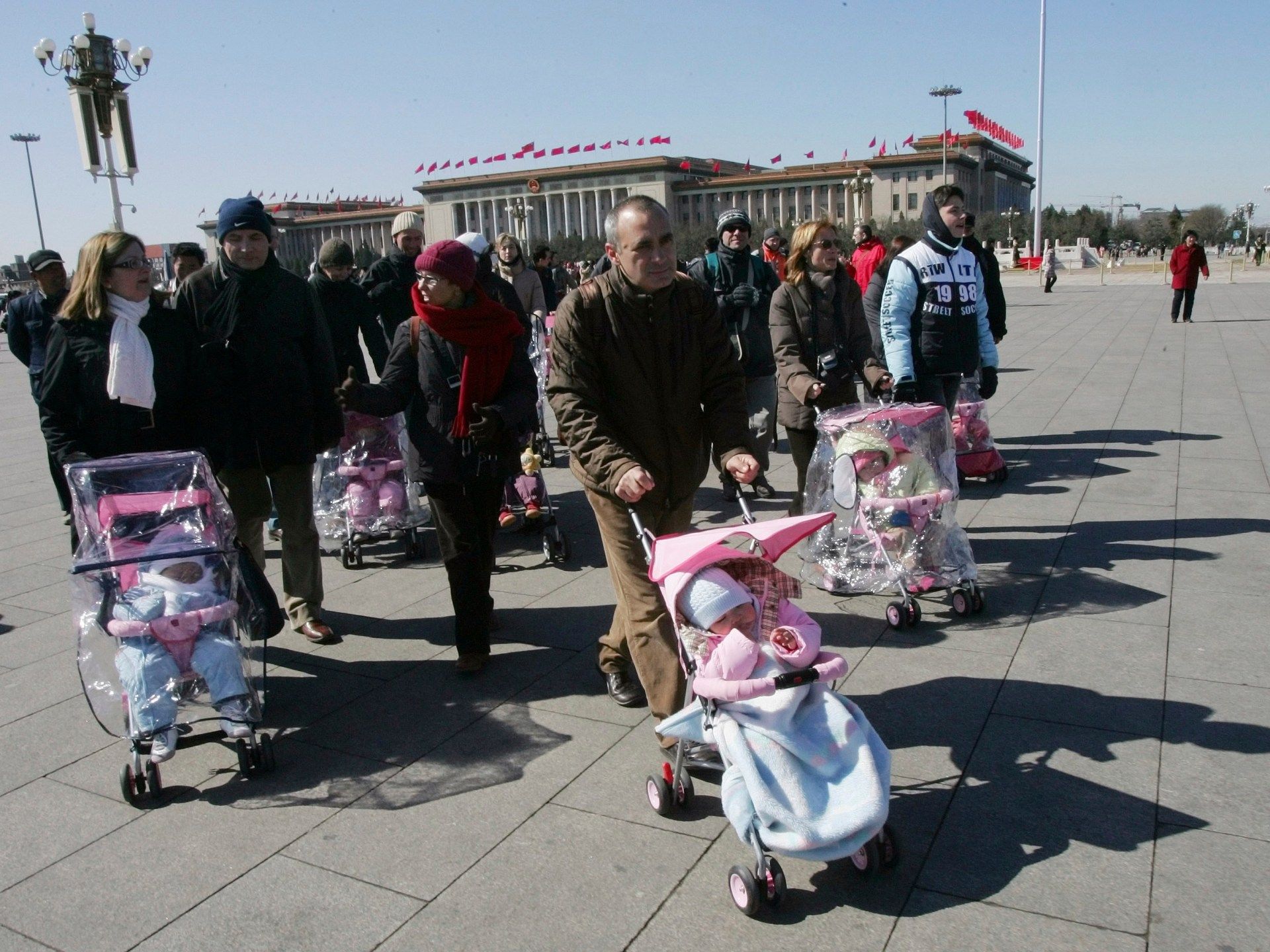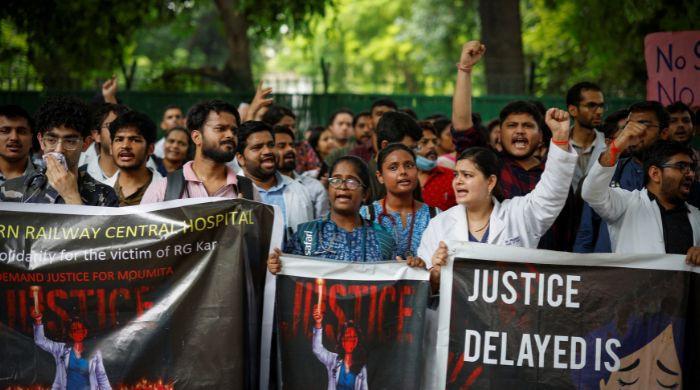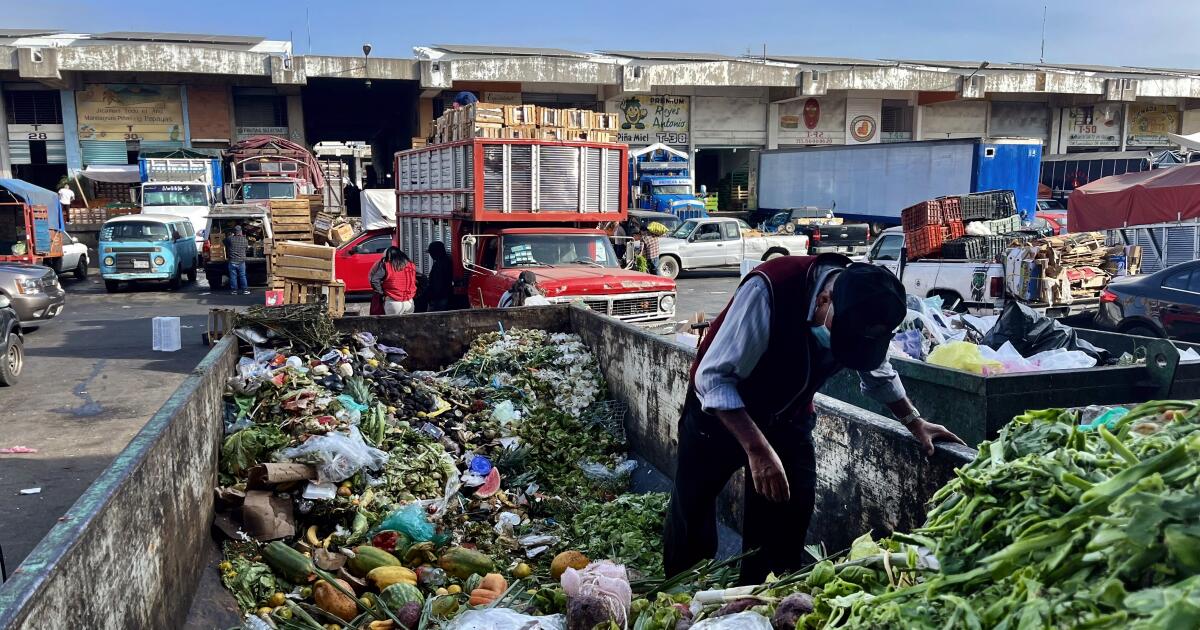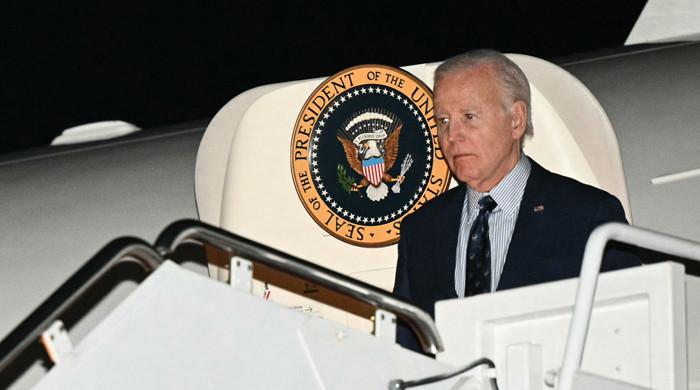China no longer allows foreign adoptions, with the sole exception being when a blood relative adopts a child or stepchild.
China has announced the end of its international adoption program, a scheme that allowed children born in China to be adopted by families abroad.
At a daily press briefing on Thursday, Mao Ning, a spokesperson for China's Foreign Ministry, said China no longer allows foreign adoptions of children from the country, with the only exception being when blood relatives adopt a child or stepchild.
Mao did not explain the decision other than to say that it was in line with the spirit of relevant international conventions.
“We understand that there are hundreds of families who have yet to complete their adoption and we sympathize with their plight,” the U.S. State Department said Thursday, adding that its embassy in China is seeking written clarification from the country's Ministry of Civil Affairs.
In a phone call with U.S. diplomats in China, Beijing said it “will not continue to prosecute cases at any stage” other than those covered by the exception clause.
While many foreigners have adopted children from China over the decades (visiting the country to pick them up and then taking them to a new home abroad), families in the U.S. have adopted 82,674 Chinese children, the most of any country.
Between October 2022 and September 2023, a U.S. consulate issued 16 visas for adoptions from China, marking the first such expeditions in more than two years, according to the State Department report. It was unclear whether more visas had been issued since then.
China suspended international adoptions during the COVID-19 pandemic. The government later resumed adoptions of children who had received travel authorization before the suspension in 2020, the U.S. State Department said in its latest annual report on adoptions.
Other countries have also recently taken action on international adoption. In January, Denmark’s only overseas adoption agency announced it was ending operations after concerns were raised about falsified documents and procedures in relation to children adopted abroad. Norway’s main regulatory body also recommended halting overseas adoptions for two years pending investigations into several cases.












